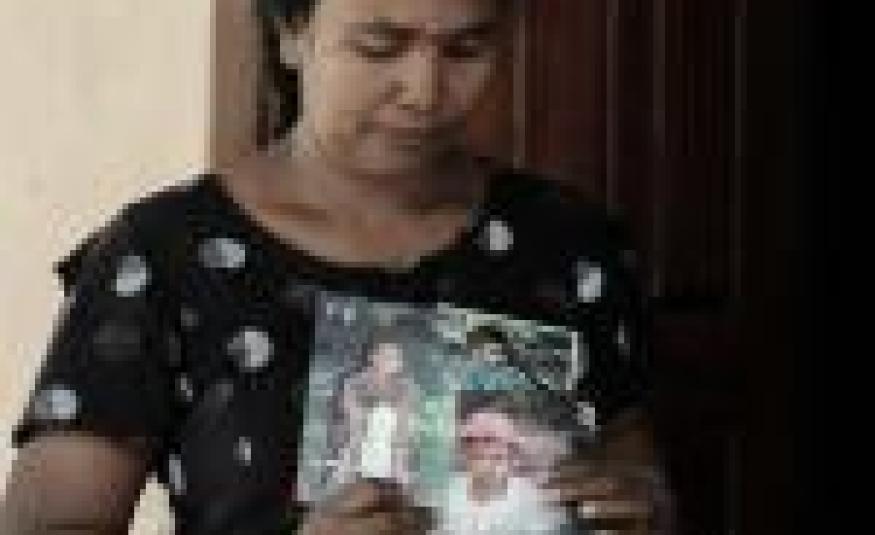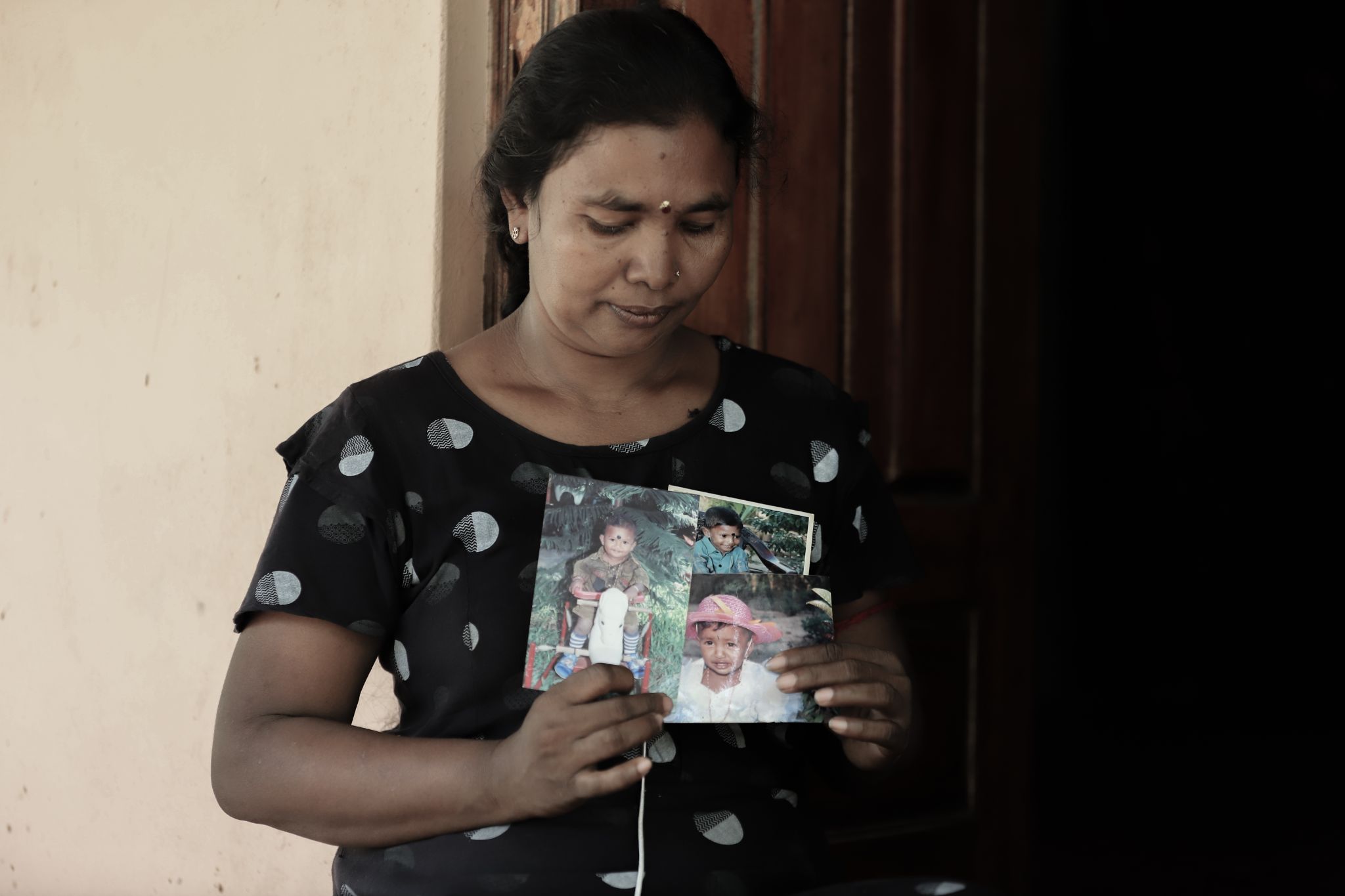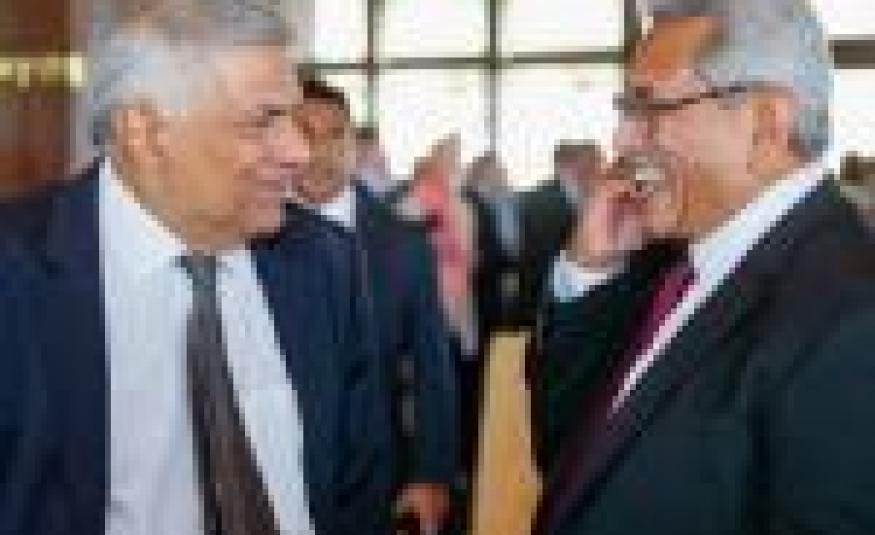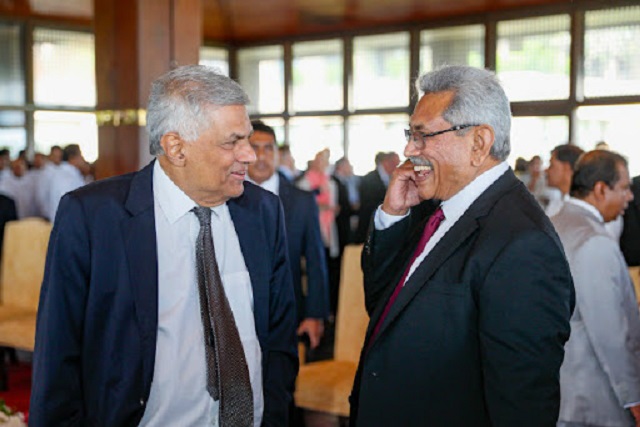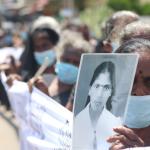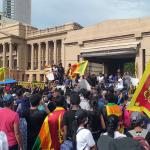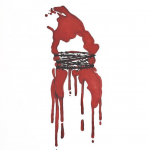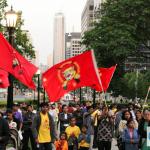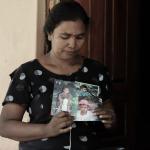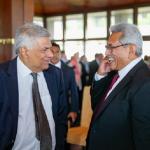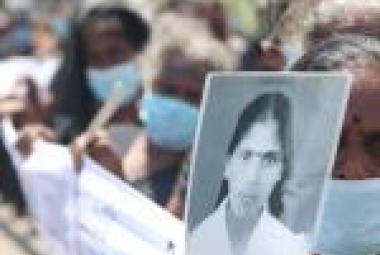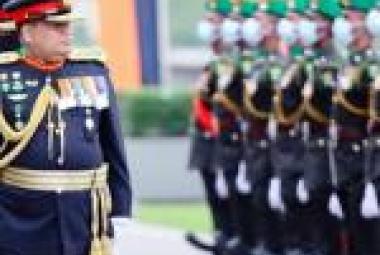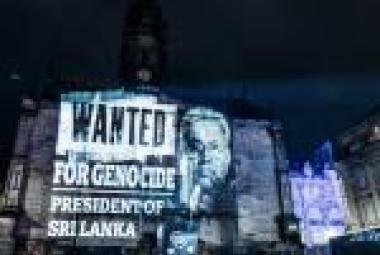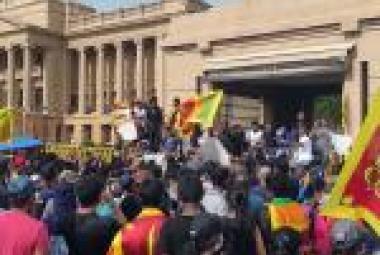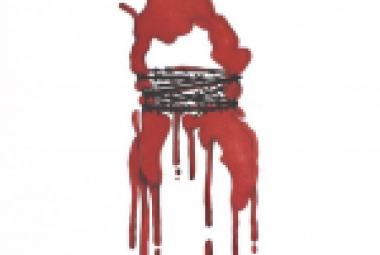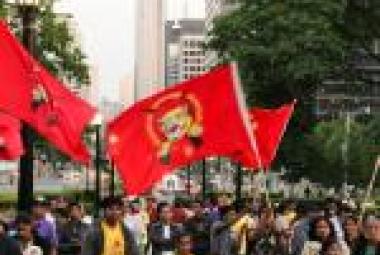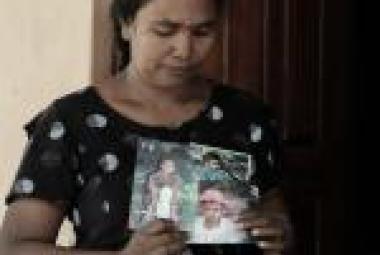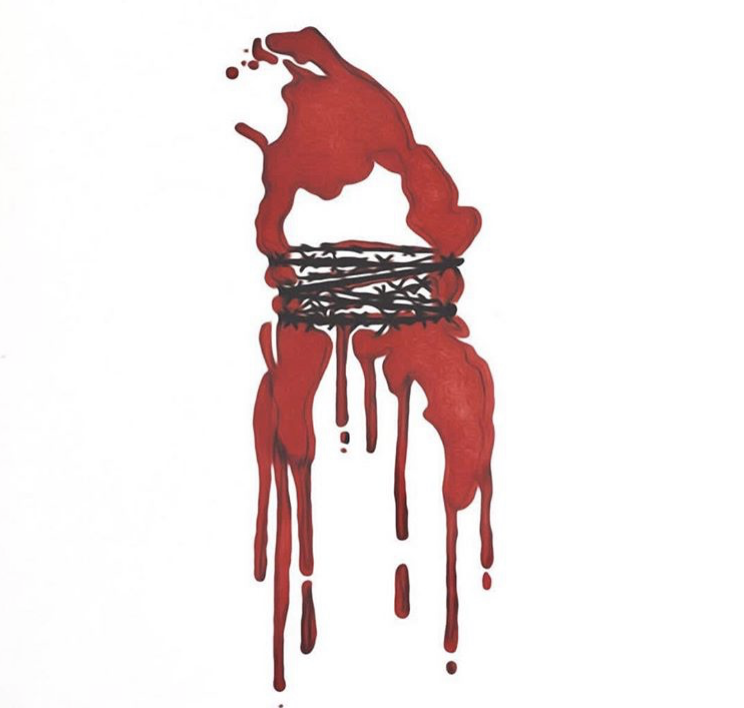
Sri Lanka’s economic and political crisis has reiterated what the island’s Tamils have been saying for decades. Only an independent Tamil state can bring stability to the island.
This weekend, enraged protestors ran through the Sri Lankan president’s official residence and burnt down the prime minister’s home, in scenes which reflected the anger and outrage over the island’s economic collapse. All across the Sinhala south there have been rallies and protests, decrying how the island has fallen into financial ruin.
In the Tamil homeland however, there are different sentiments to be found. Though the North-East has been hit just as hard by the financial crisis, if not harder given the decades of destruction it has faced, the protests of the south do not resonate the same way with Tamils. There is bemusement at how the same people who overwhelmingly elected a man who platformed on bringing a militaristic rule, have turned on him within a few short years. There is scepticism as to whether these demonstrations will ever lead to any deep-rooted change for an island that has been plagued by cycles of violence. And there is a sense of vindication over what Tamils have known and said for decades. Sri Lanka is not just in crisis - it is a failed state, that in its current form is not fit for purpose. It is time for the Tamil people to be free from it.
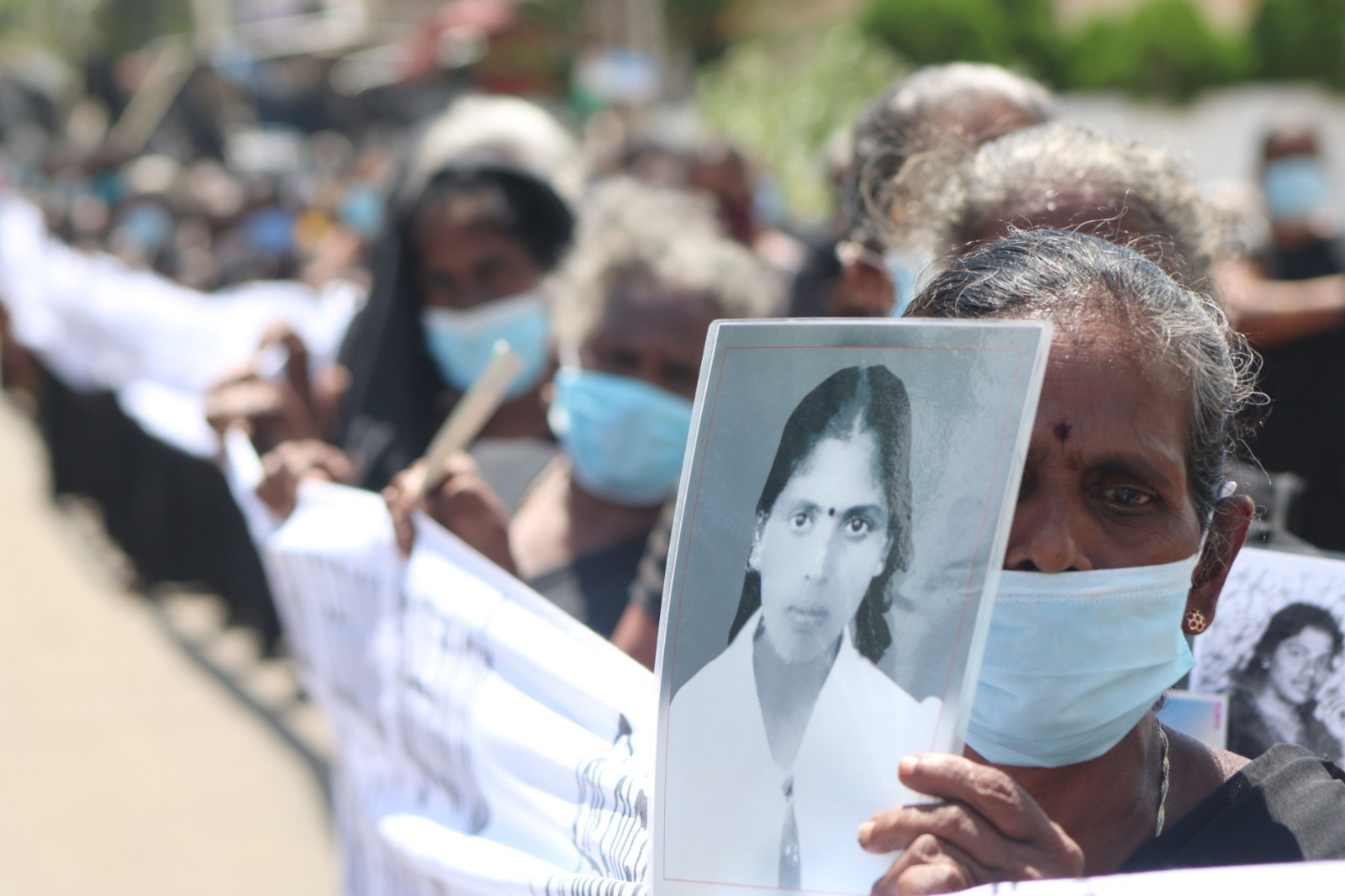


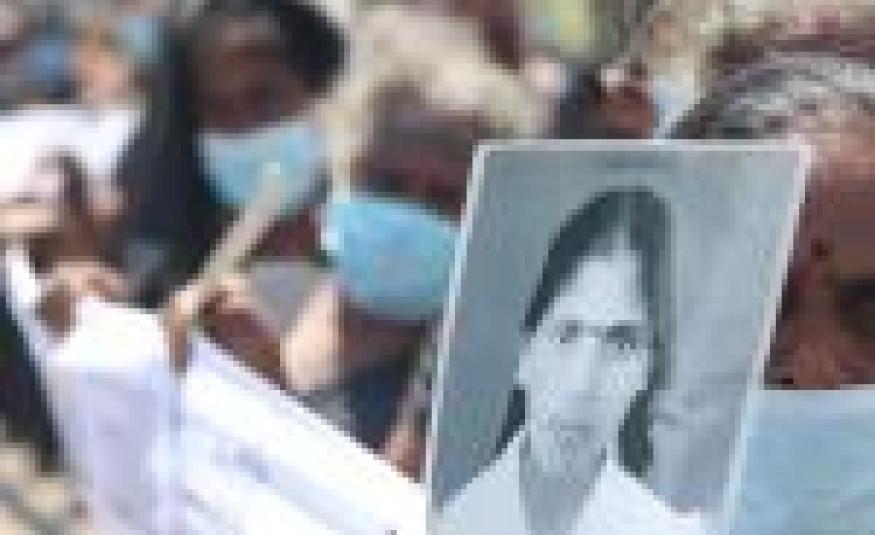
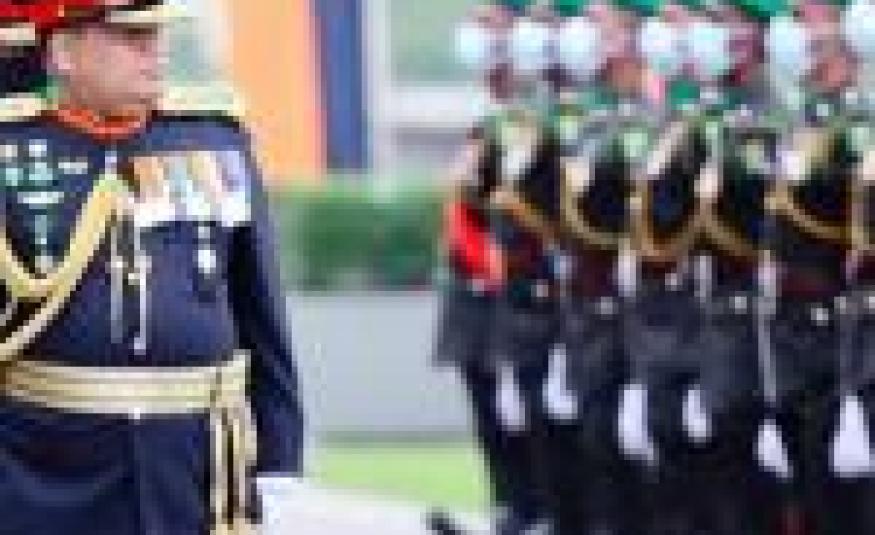

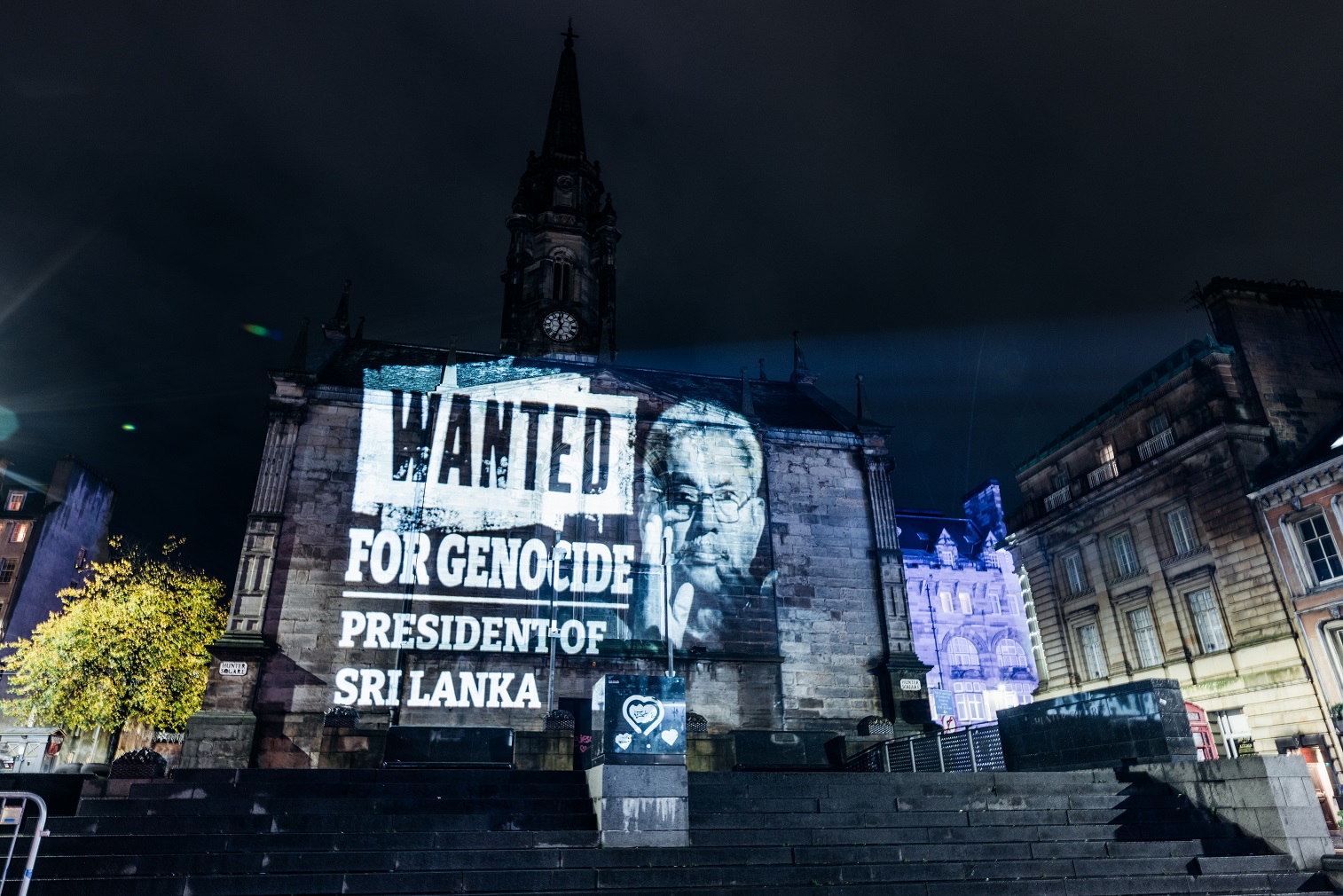
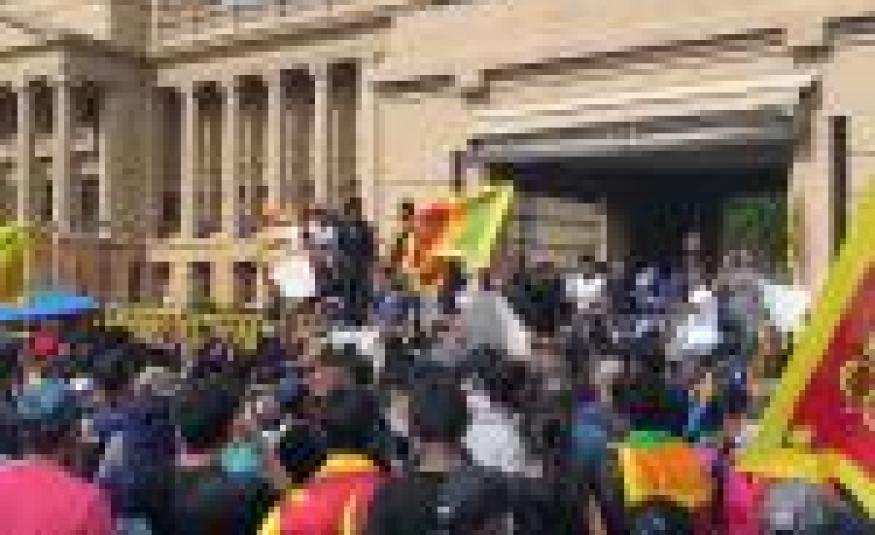
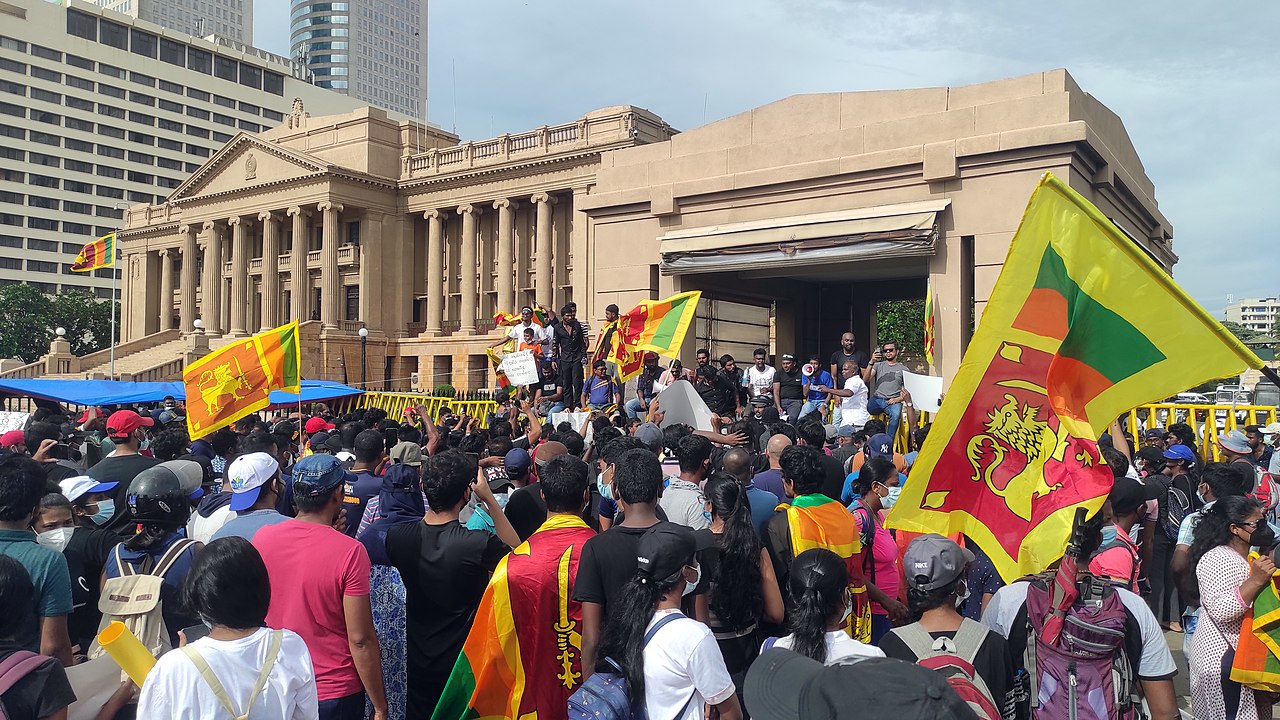
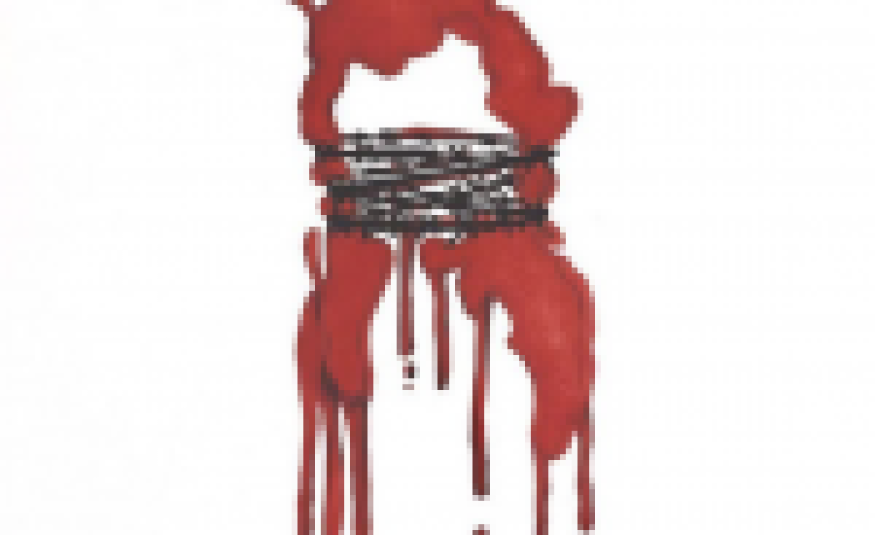


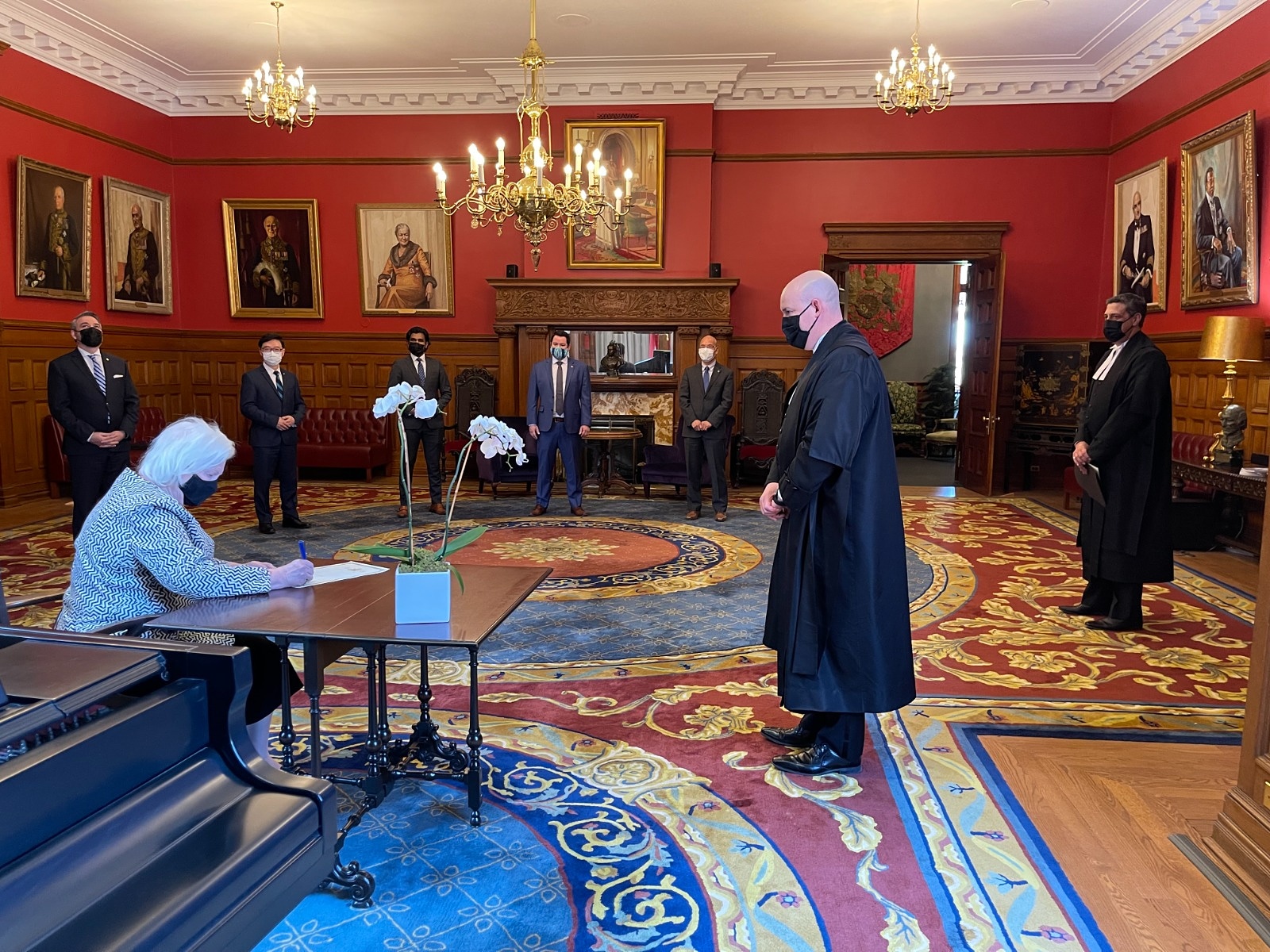

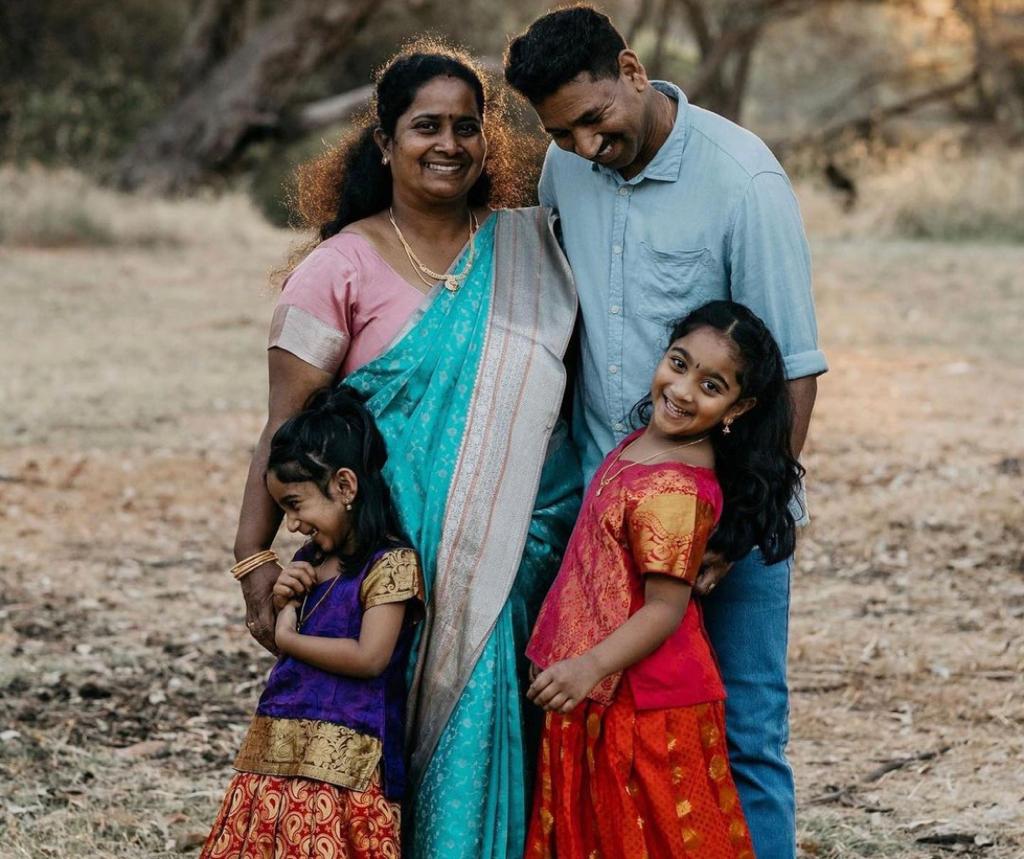
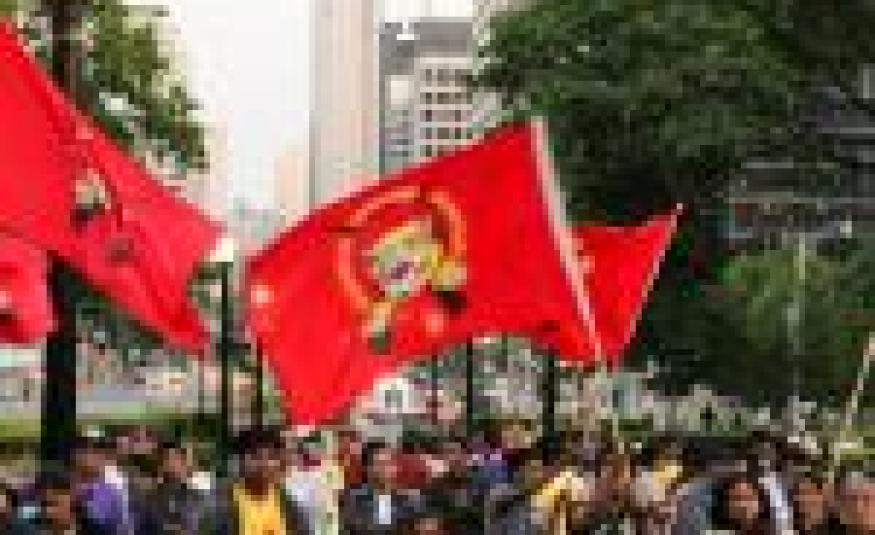
%201.jpg)
